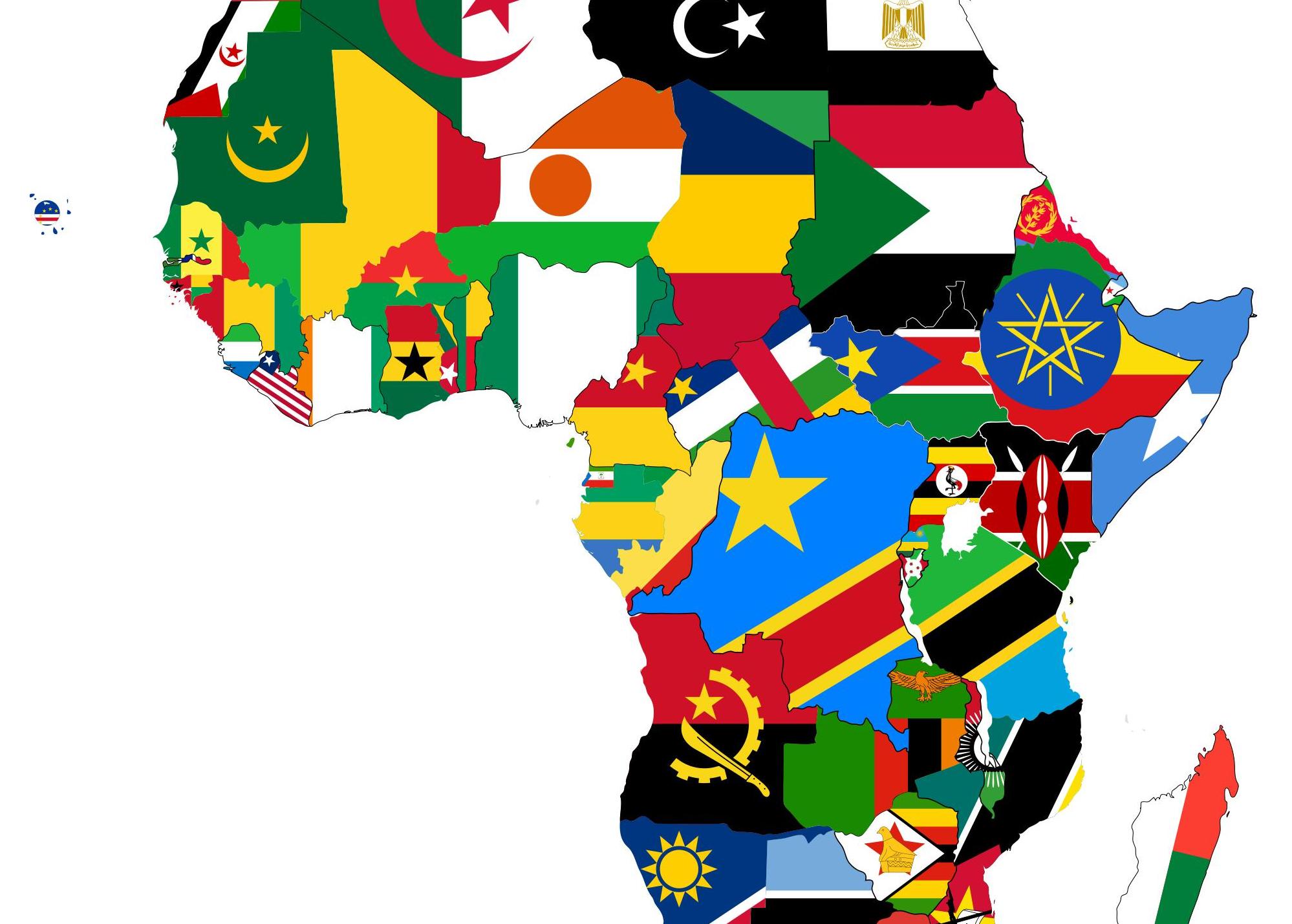African politicians have been played many bad cards. British colonial officials, for example, hated memories of their own angry politicians killing King Charles 1; followed by newly rich American nationalists overthrowing British colonial rule with armed struggle. In Africa they transplanted Lebanese (in West African colonies), Indians (In Kenya, Uganda and Tanzania) and Greeks in Sudan to handle commerce; purchasing harvested crops directly from farmers and sold them to British firms for export abroad. They received manufactured merchandise for retailing locally; but dared not demand political power. African politicians remained safely impoverished.
In Kenya, prisons were built to host politicians stigmatized as ‘’mad’’ because they rejected white invaders taking over their lands; and shooting down owners lacking guns to shoot back. Politicians who combined brilliance with arrogant patriotism in the run up to independence were assassinated. In Ubangi Shari, Braganza, a Catholic priest tuned nationalist politician, died in a plane crash probably assisted by French intelligence officials.
‘’West Africa’’ magazine published a report of British and American ambassadors frantically seeking the assassination of Kwame Nkrumah. In 1958, a year after Ghana’s independence, he convened a conference of politicians from independent African countries and those still under bondage. Tom Mboya in Kenya joined Patrice Lumumba from Belgian-colonised Congo. They met Franz Fanon, a French medical doctor who had defected to join Algeria’s armed struggle. Nkrumah’s doctrine that Ghana’s independence was not complete until the whole of Africa was free from colonial dictatorships was clearly subversive. White rulers in apartheid South Africa felt threatened.
Nkrumah influenced Patrice Lumumba forming a nation-wide political party in multi-ethnic Congo. Lumumba as a Batetela; worked as a postal clerk in today’s Kisangani) in eastern Congo; moved to today’s Kinshasa in the west, and toured Congo as a salesman of a major brewery had trained in selling a politics of independence. Aime Cesaire, poet from Martinique, wrote a play on Lumumba’s tango with colonial police as he sold Polar Beer to raise consumers. His formation of a nation-wide political party was countered by Belgian intelligence officials promoting tribal parties.
Nkrumah’s victory in elections and outflanking the Ashanti, informed British creation of regional governments in Nigeria and balkanising the single colonial sky over Nigeria’s politicians. In Senegal, a brilliant strategy by Leopold Senghor of holding village-to-village talks with religious leaders, won presidential elections for twenty years even though he was a Christian in a country in which 90 per cent of the population are Moslems. Julius Kambarage Nyerere, who shared with Senghor attributes of coming from tiny ethnic and religious bases, benefited from countrywide travels and imaginative use of commonly spoken Swahili language to make all nationalities ready for his call for freedom.
Africa’s anti-colonial politicians were brilliant in combating imperial bureaucracies while lacking even rudimentary think-tanks and financial resources; travelling on desperately poor roads and railways. Nkrumah, Tafawa Balewa. Senghor, Jomo Kenyatta, Nyerere were literary also writers and political theorists. Nkrumah – assisted by George Padmore, Ras Makonnen and W.E.B. Dubois from the African Diaspora in the Americas and the Caribbean – broadcast his vision of a United States of Africa across the continent with books, pamphlets and pan-African football matches by Ghana Black Stars..Nyerere translated Shakespeare’s plays ‘’Julius Ceaser’’ and ‘’Merchant of Venice’’ into Swahili for local readers. Kenyatta published ‘’Facing Mount Kenya’’, a subversive anthropological work on his Gikuyu people.
African politicians must revive this trans-African intellectual broadcast. Meles Zenawe of Ethiopia came to lead Africa’s voice over negotiations about Climate Change politics. Before him, Balewa, William Tubman of Liberia, and Ahmadou Ahidjo of Cameroun pushed for the creation of the Organisation of African Unity, OAU, a historic diplomatic invention in global diplomacy. Nigeria’s draft of its charter won the day.
There was little awareness of Japan’s practice of using its traditional religious and core political philosophy to mould indigenous industries, corporate governance and education systems to fuel her catching up with, and overtaking, European economies. To fire the imagination of Africa’s youth, this intellectual laziness and parasitism must be abandoned.
Meles Zenawe, Yoweri Museveni, Paul Kagame and Isaias Afewerki (in Eritrea), turned to barrels of guns to militarise political debate and dislodge brutal governments. Each has shown extraordinary creativity in political engineering, while sitting on explosive opposition ecologies.
There is a new deadly diplomacy that uses direct violence to disintegrate countries and humiliate their politicians. Egypt, South Sudan, Central African Republic, Somalia and Kenya are hit. It has wrecked Syria, Libya and Iraq. African politicians previously suffered coups by armed forces that never fought for independence. A red flag carrying ‘’TWO TERM LIMITS’’ flutters fatally over the genius of African politician; ignoring options of trans-African initiatives by politicians for moulding the growth of Africa’s politics of nation-building. For politicians, Aluta Continua!
This article was originally published on Daily Trust.



Leave a Reply